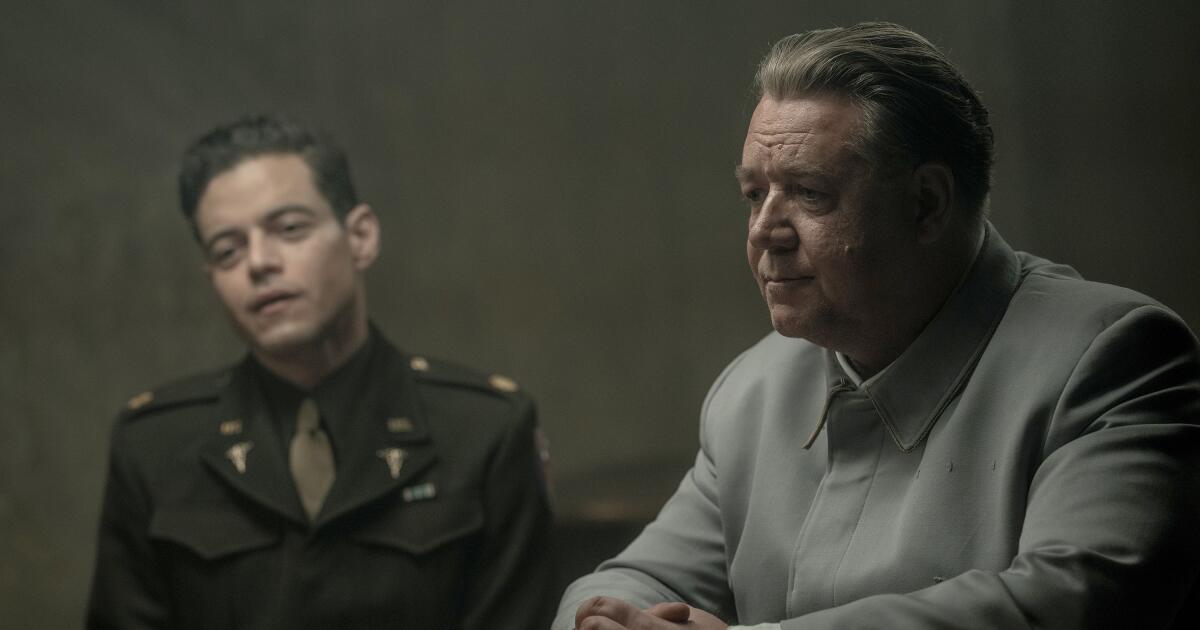I stayed on the beautiful island off the coast of the UK home with a very dark history

WITH its harbour, picturesque beaches and rugged countryside, the island of Guernsey could be any ordinary holiday destination at first glance.
But scratch below the surface and you’ll uncover the fascinating story of its five-year occupation by the Nazis — and about an an unlikely survivor of the invasion, Timmy the Tortoise.
I was keen to learn about it during my adventure on the second largest of the Channel Islands.
So I booked several short guided day trips with Tours Of Guernsey.
Guide Amanda Johns and I ticked off all the key sites, from museums to former bunkers and even a German underground hospital.
This medical centre — which incredibly doubled up as an ammunition store — had to be the highlight, and the extensive dark passages are a must-see for any history buff.
The huge maze of tunnels were excavated by slave labourers, leading to wards, operation theatres, escape shafts, a cinema room and mortuary.
Above ground, I headed to the northern coast to Fort Hommet, a former Martello tower which was turned into a searchlight bunker.
After the war, part of the bunker was transformed into The Shrine of the Sacred Heart, featuring 30 Biblical pictures made from seashells.
Other sites include the German Occupation Museum, a warren of rooms containing one man’s extensive collection of items from 1940.
Most read in Best of British
The Pleinmont Gun Battery has been restored and offers terrific views across the English Channel.
Batterie Mirus, the largest World War Two gun battery in the Channel Islands, was my last stop.
Its underground bunker can only be viewed by private tour.
Restored by Festung Guernsey, with many original features being reproduced using a 3D printer, the walls within are still dotted with German inscriptions, including the Nazi Eagle.
Potato peel pie
It was an honour to pay it a visit the day after Princess Anne was shown around while on the island for the Liberation Day celebrations.
The day marks when Allied troops freed the locals from Nazi rule on May 9, 1945.
On the 80th anniversary this year, I witnessed a cavalcade of military vehicles, fireworks and a drone light show.
One local making headlines during the celebrations was Timmy, 87 — actually a female — who survived Nazi occupation.
She was given to Maggie Cull as a christening present in 1941, not long after she and her parents were turfed out of their home by the Nazis.
After all that history I’d certainly worked up an appetite.
Luckily my base, St Pierre Park Hotel, was just a 25-minute walk into St Peter Port, where there are pubs and restaurants aplenty.
Fifty Seven restaurant is set over two floors and has stunning views of Castle Cornet and the coastline.
The menu features steaks cooked fresh on the grill as well as some excellent fish dishes including oven-baked monkfish on chilli linguine.
As you’re by the sea, grab yourself some fish and chips — the restaurant at Les Douvres Hotel dishes up one of the largest portions I’ve ever seen.
On my last night I dined on a special Liberation Day menu at the Old Government House Hotel, close to the harbour.
This 5H property was turned into the German General Staff Headquarters during the war and it still has an old-world feel about it today.
The menu featured a delicious potato peel pie, a dish created by locals to cope with food shortages during Nazi occupation.
The perfect meal to end my historical adventure.
GO: GUERNSEY
GETTING THERE: Aurigny flies from London and regional airports to Guernsey from £49.99.
See aurigny.com.
STAYING THERE: A classic double room with breakfast at the St Pierre Park Hotel is from £195 per night.
See handpickedhotels.co.uk/stpierrepark.
Rooms at The Old Government House Hotel cost from £281 per night.
See theoghhotel.com.
MORE INFO: Tours by locally-born war and occupation expert, and Silver-accredited tour guide, Amanda Johns, cost from £15pp for a public group tour.
Pricing for private tours available on request.
See toursofguernsey.com.





